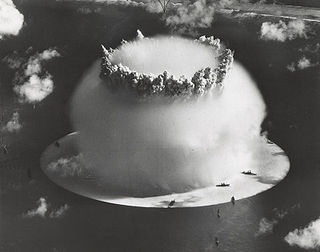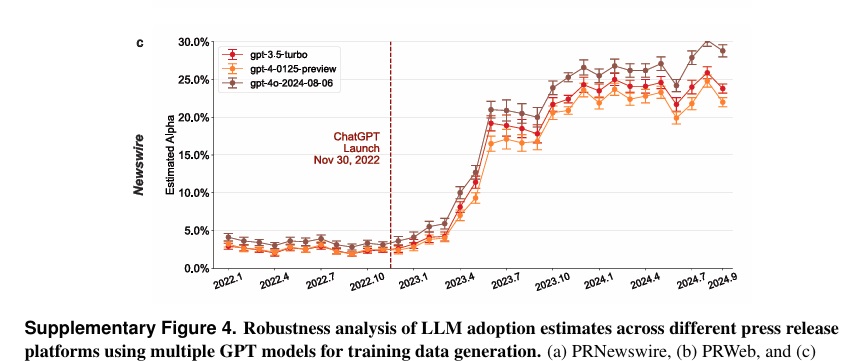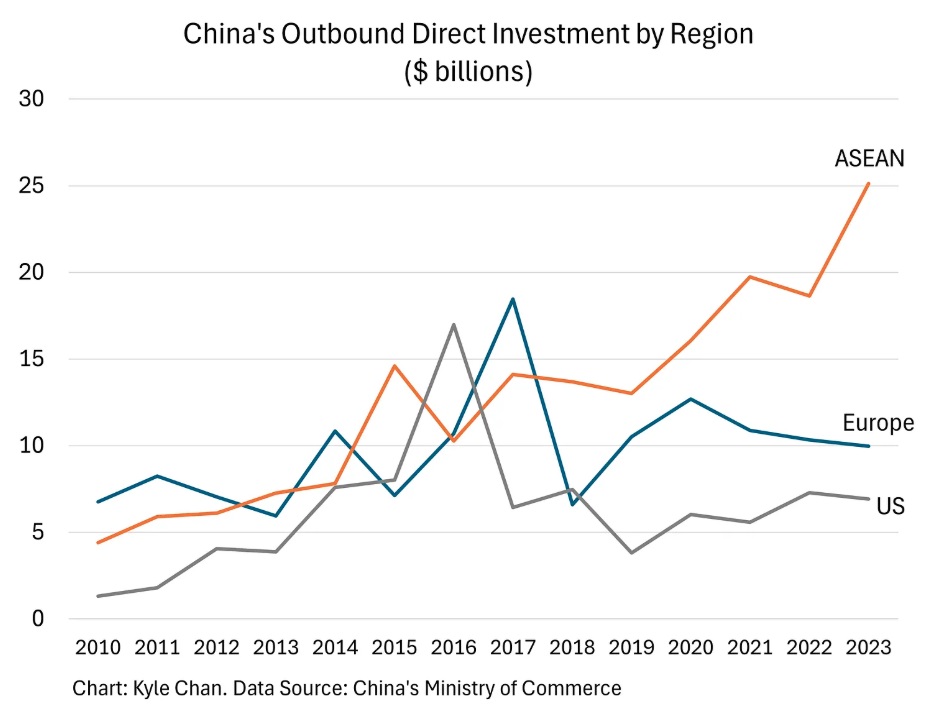It would be easy to be fragile now. Indeed, we have occasionally been sick to our stomach in recent weeks, including last Friday, watching two goons lie and accost a man who has more courage in his fingertips than they have in their soulless bodies. When we woke up this Tuesday morning, we reflexively doomscrolled–examining how the markets reacted to the tariffs; looking for the latest on DOGE’s indiscriminate, lawless acts; worrying about Ukraine. And then we remembered–it was Mardi Gras morning, when we traditionally stream WWOZ, listening to the old Mardi Gras traditionals--Down to the Mardi Gras by Professor Longhair, Do Whatcha Wanna by Rebirth, and various versions of Indian Red–as well as deep cuts that root into your Congo Square origins, no matter where ya from originally or where ya at.
We did not attend Mardi Gras this year, but a friend’s daughter did. And during the Krewe of Bacchus parade, she managed to get her hair tangled in a trombone slide. Only in New Orleans. And so we listened to WWOZ—while we shaved, while we showered, as we cleaned the litter box, and when we greeted the Queen of the House, Willow. We kept listening as we worked, pausing only for a morning meeting. We’ll admit on occasion, for reasons we can’t entirely articulate–despite our incredible manliness–we nearly teared up. But not because we felt fragile. But rather because we know we will continue to fight back. And because no matter how bad things get, we know New Orleans is undefeated. Whatever happens to vulnerable people all over the world and here in America, however dangerous it becomes to fly, however much the economy is damaged, whatever the result of the fight between democracy and the darkness of authoritarianism, a trombone will honk somewhere on some street, in some club, at some establishment in New Orleans.
We’ll be there next month, soaking it all in even as this week we discuss the nuclear option, examine how AI is already changing the world and dive into China’s industrial diplomacy. It’s this week’s International Need to Know, tossing beads of international information, slicing King Cake with babies of global data.
Without further ado, here’s what you need to know.
The Nuclear Option
We hope that the Vance/Trump meeting with Zelensky made clear to people what we’ve been writing and talking about for a while: we are now in a 19th century world where might makes right. The old, rules-based international order is dead, dead, dead. One likely outcome of this new 19th Century World Order will be nuclear proliferation. If you are a smaller country trying to battle the big states—whether China, Russia, the United States, or others—without the safety net of a rules-based order to save you, a dangerous but effective tool is nuclear weapons. If Ukraine had retained the nuclear weapons it possessed during the Cold War, when it was part of the Soviet Union, it’s unlikely Russia would have invaded. By the way, Russia is powerful not because of its economy (which is smaller than that of Texas or Guangdong Province), but because of its nuclear weapons and its willingness to use its military. No one is invading North Korea. Asian countries worried about China might turn to nuclear weapons. Similarly, countries in Eastern Europe, the Middle East, Africa and elsewhere might seek to develop nuclear weapons as the one effective deterrent against large, powerful countries. In a recent talk, we stated that globalization is alive and well, but we also noted that one way we could see the end of globalization is a nuclear war. Of course, that would mean the end of everything, not just globalization. We just finished reading Annie Jacobsen’s book, Nuclear War: A Scenario, which goes into great detail about how such a war could start and its consequences. It’s worth reading if you have the stomach for it. All of this is to say we are now in the most dangerous era in human history.
AI Is Already Changing The World
We still see many analysts dismissing AI, often condescendingly, stating that it doesn’t work well or has no impact. This is not true. AI has not yet had a significant economic impact, or at least it is not yet evident in the data. However, its usage is widespread, far beyond what data on ChatGPT’s estimated 200 million users or other models, including China’s DeepThink, might suggest. One example is a study by Cornell University, which analyzed “LLM-assisted writing across four domains-consumer complaints, corporate communications, job postings, and international organization press releases-from January 2022 to September 2024.” The study examined 687,241 consumer complaints, 537,413 corporate press releases, 304.3 million job postings, and 15,919 United Nations (UN) press releases. What did the researchers find?
By late 2024, roughly 18% of financial consumer complaint text appears to be LLM-assisted, with adoption patterns spread broadly across regions and slightly higher in urban areas. For corporate press releases, up to 24% of the text is attributable to LLMs. In job postings, LLM-assisted writing accounts for just below 10% in small firms, and is even more common among younger firms. UN press releases also reflect this trend, with nearly 14% of content being generated or modified by LLMs.
As Ethan Mollick writes, “The past 18 months have seen the most rapid change in human written communication ever” And don’t forget about non-LLM AI which is already driving medical and other discoveries. AI is here, it’s having an impact, and likely will improve and have an even larger one in the coming months and years.
China Corner: Industrial Diplomacy
As U.S. influence declines around the world, China’s rises, especially its industrial influence. China is the world’s largest manufacturer accounting for nearly a third of all manufacturing. It is also the world’s largest exporter, responsible for nearly 15 percent of global exports. Increasingly its companies, including its rapidly expanding auto manufacturers, are setting up shop in other countries, in part to avoid tariffs. But they are also investing overseas, as the invaluable Kyle Chan points out, to shape global manufacturing and supply chains. “Beijing is encouraging Chinese companies to build plants in ‘friendly’ countries while discouraging them from investing in others in a kind of ‘industrial diplomacy,” wrote Chan in a recent High Capacity post. China’s government is encouraging these companies to operate in other countries, but to do so in a way that protects their core technology. They also use the investments to influence diplomacy. Chan writes, “In Europe, China’s Ministry of Commerce has told Chinese automakers like BYD, SAIC, and Geely to pause investments in EU countries that voted in favor of tariffs on Chinese EVs and increase investments in EU countries that voted against them.” This is all part of the new 19th century world we’ve described the last few months. India is a special case. As we wrote previously, China is restricting certain technology and components from reaching India. This is because India is the one country large enough to be a true alternative to China’s manufacturing and trading hegemony. As Chan writes, “The stunning speed with which India has been able to ramp up iPhone production and develop its electronics manufacturing industry likely shocked Chinese policymakers and helped spur efforts to slow down India’s progress.” With America now on the side of tyrants, India is the last great hope of the 21st century.




